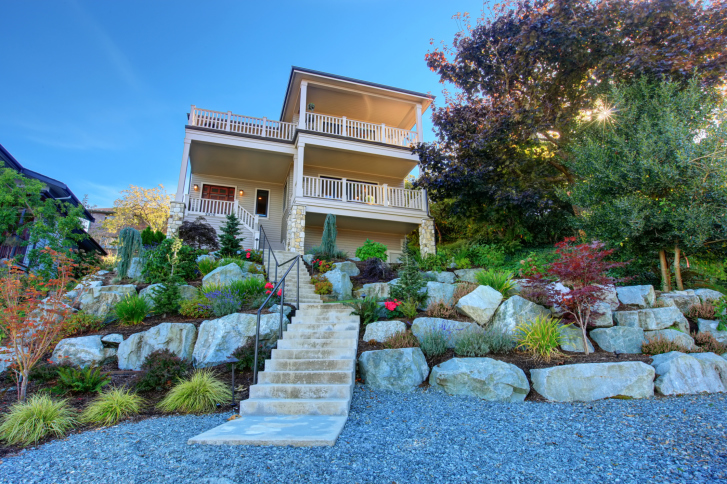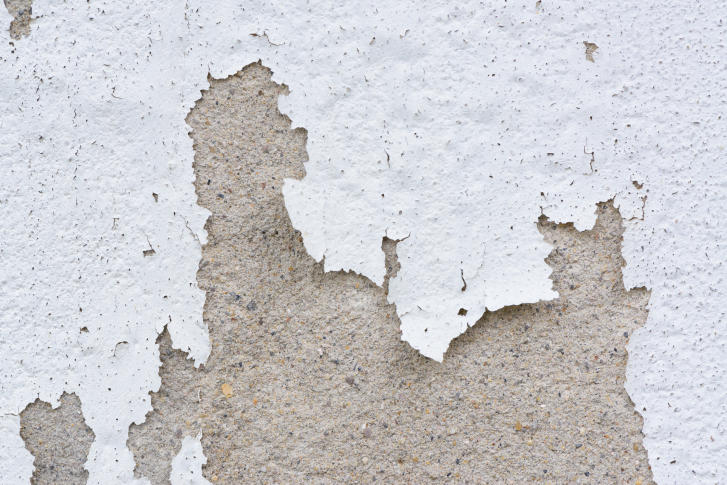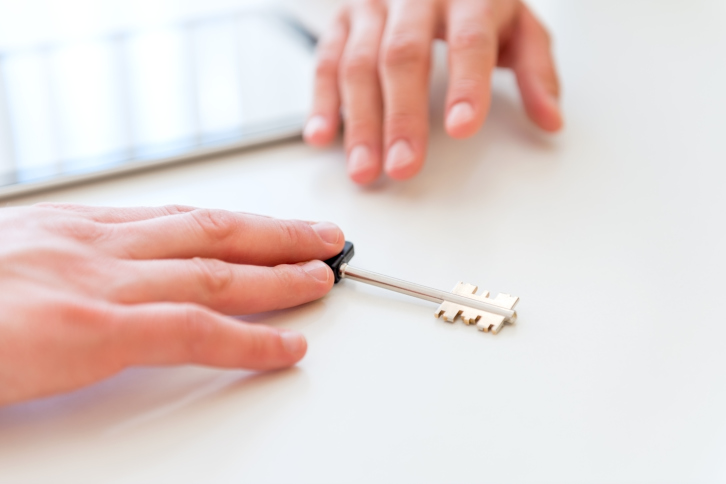First-time Home Buyers: Why Splurging for a Larger Home Beats Condo Living
 Some first-time home buyers are on a tight budget when making their real estate purchase, and there may be an inclination by many to purchase a smaller property, such as a condo, rather than the home they truly want. While there may be some initial financial benefit associated with buying a smaller property, there are a few benefits associated with splurging and buying a larger home as a first purchase. By analyzing these benefits, first-time home buyers can make a more informed decision about how to proceed.
Some first-time home buyers are on a tight budget when making their real estate purchase, and there may be an inclination by many to purchase a smaller property, such as a condo, rather than the home they truly want. While there may be some initial financial benefit associated with buying a smaller property, there are a few benefits associated with splurging and buying a larger home as a first purchase. By analyzing these benefits, first-time home buyers can make a more informed decision about how to proceed.
Costs Associated With Upgrading In The Future
Some people will purchase a smaller property initially with the goal of later upgrading to a larger property. This can provide the home buyer with the initial benefits of building equity, taking advantage of tax benefits associated with real estate ownership and more. However, there are costs associated with selling property, including closing costs, real estate fees, make-ready and improvement costs and more that should be considered.
Benefits Of Long-Term Ownership
For many, there will be a need to have a larger property over the years, such as when starting a family or when young children grow into teenagers who need more space. When the first property purchased is large enough for the family to grow into, the homeowner can enjoy long-term appreciation and equity growth. More than that, the higher value of the property may mean that there is more upside for property appreciation over the years.
Getting Established In A Community
In addition to the financial benefits associated with investing in a larger property initially, there are intangible benefits. Moving into a new home in a few years means that there is a need to get re-established in a community. When a home buyer settles down into a larger home that he or she plans to stay in for many long years or even decades, getting established and settled in the community can begin right away.
These are considerable benefits that can be enjoyed when a first-time home buyer makes a purchase that he or she plans to enjoy for many years to come, but there are other factors to consider. Each person needs to make a decision regarding a real estate purchase that is best for their needs, goals and financial situation, so there is not a best-fit solution that is right for everyone. Those who are thinking about buying their first piece of real estate should consider contacting their trusted mortgage professional for assistance to determine what they can afford and to discuss the loan process.

 From the sales price to the general layout of the building, there are numerous factors that buyers will consider when touring homes. While there are specific factors that buyers may be searching for in a new house, there are also a few warning signs that home buyers should keep their eyes open for. The following are among the top red flags that may serve as warning signs.
From the sales price to the general layout of the building, there are numerous factors that buyers will consider when touring homes. While there are specific factors that buyers may be searching for in a new house, there are also a few warning signs that home buyers should keep their eyes open for. The following are among the top red flags that may serve as warning signs. Savvy home buyers who are preparing to make a real estate purchase should do their research and understand that they need to save money for not only the down payment, but the closing costs as well. The closing costs can account for as much as three to five percent of the sales price in some cases, so this can be a rather sizable amount of money. Some home buyers however, may not realize that the amount of closing costs can vary considerably based on the home that is purchased. With a closer look at why this is, home buyers can make a more educated decision when selecting a home to purchase.
Savvy home buyers who are preparing to make a real estate purchase should do their research and understand that they need to save money for not only the down payment, but the closing costs as well. The closing costs can account for as much as three to five percent of the sales price in some cases, so this can be a rather sizable amount of money. Some home buyers however, may not realize that the amount of closing costs can vary considerably based on the home that is purchased. With a closer look at why this is, home buyers can make a more educated decision when selecting a home to purchase.